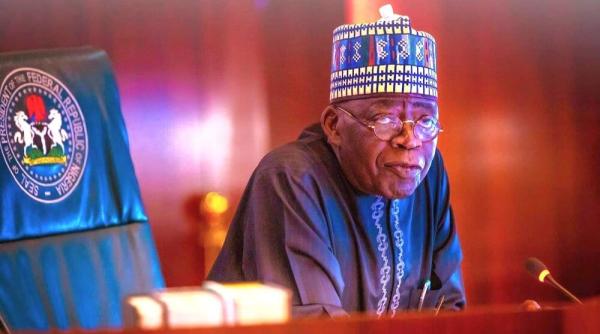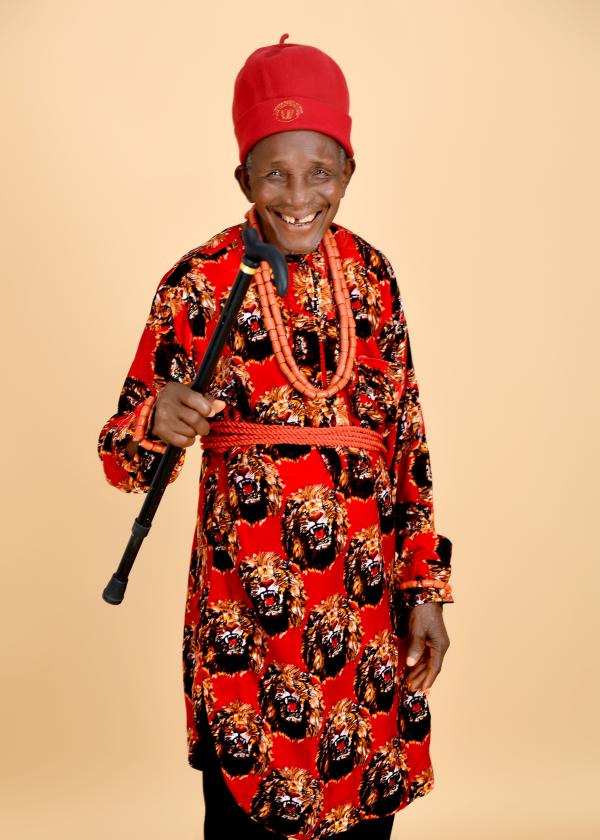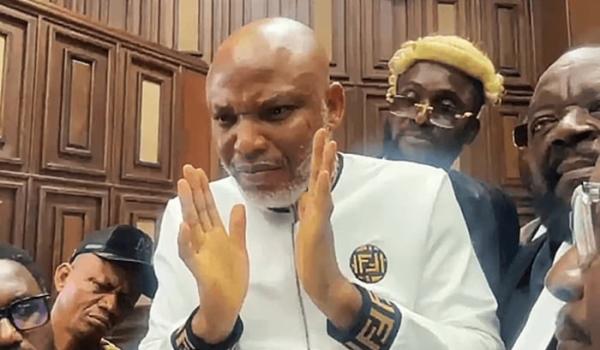
Just a day to Malawi’s general elections, the opposition has raised questions as to why the government should be using promotions to sway the results.
In April 2019, just a month before tomorrow’s tight contest, the government gave 20,000 teachers and 7,000 police officers pay raises. This prompted civil servants to also demand better working conditions and threaten a mass strike. The government reportedly conceded to their calls before the deadline late last week, though the details of the promotions remains unclear.
In response to protestations, President Peter Mutharika and the ruling Democratic Progress Party (DPP) insist that the decision to increase the salaries of tens of thousands of public workers is unrelated to the upcoming 21 May election.
“These were the people due for promotions and, by coincidence, people want to make an issue out of it,” Minister of Information Henry Mussa told African Arguments. “People are entitled to their views, but as government we will not stop providing social and economic services. So stop speculating; it will not help in the development of this country.”
But many are unconvinced. Timothy Mtambo is the chair of Human Rights Defenders Coalition, which represents a group of local rights organisations.
“Police and teachers have a direct role [as presiding officers in polling stations] in elections,” he said. “Hence we are questioning the motive behind the promotions…These teachers and police officers have stayed for years without promotions. Why now?”
Some others were less concerned by the timing, but questioned why only certain groups had been rewarded. The Malawi Prison Service and Civil Servants Trade Union (CSTU), for example, called for equal treatment before Election Day. CSTU issued a letter to the government demanding that the government issue promotions to civil servants according “the same criteria and methodology which applied to fellow workers in teaching and police services”.
The Malawi Congress of Trade Unions (MCTU) takes a similar perspective.
“There is no justification for promoting only the police and teachers,” Dennis Kalekeni, secretary-general of the MCTU, told African Arguments.
He suggested that the limited promotions could have been due to an oversight by the government rather than a deliberate political ploy. “Teachers make a lot of human capital and their cries become louder than the other professionals,” he said.
Kalekeni was also keen to express his support for the promotions in general. “Let me be clear that as a trade union whose mandate is to advocate for better working conditions, we don’t mind the timing of the promotions,” he said. “When election time comes, workers reposition themselves on how better they can negotiate for better salaries and there is nothing wrong with that.”






















